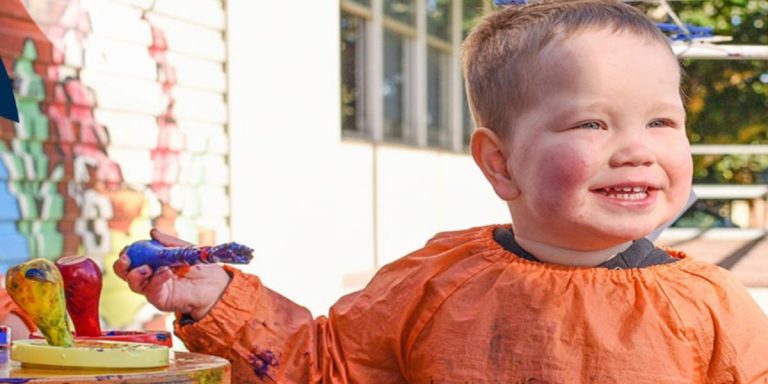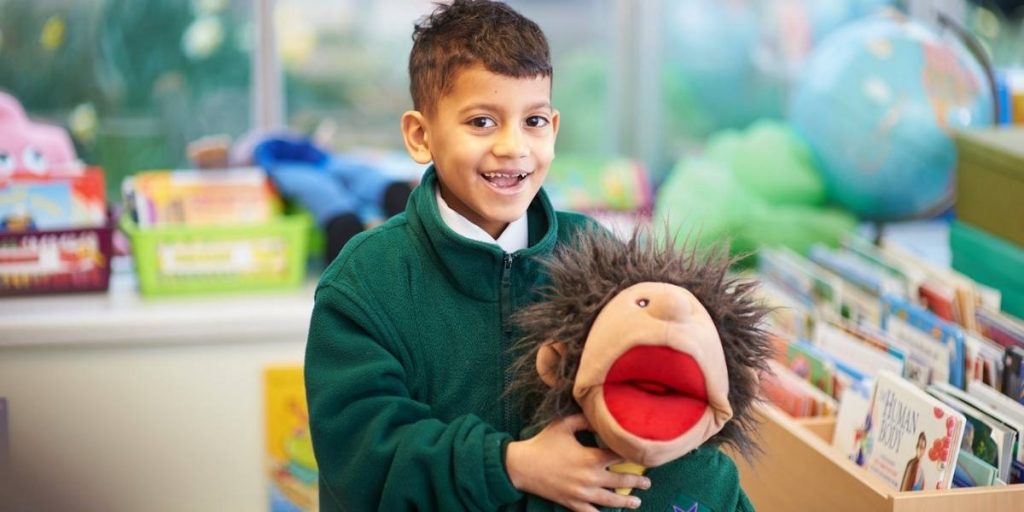DLD | Information for Families

TABLE OF CONTENTS
DLD SUPPORT & ADVOCACY GROUPS
AUSTRALIA
An Australian parent-led support and advocacy page for children and families living with Developmental Language Disorder (DLD).
INTERNATIONAL
This is primarily a UK group for people affected by a DLD (formerly SLI) diagnosis but offers support to those without a diagnosis but a similar profile of ability. It may include discussion on co morbid conditions, other overlapping neuro diverse conditions, social, emotional and behavioural issues and other related challenges such as academic difficulties.
This is a predominately UK based group where people can share resources/ information/ organisations related to Developmental Language Disorder (DLD) and most importantly actively help raise awareness in the UK for children and adults with the disorder. The group is for parents or carers of a child with DLD or an adult with DLD /speech & language therapist/teacher who works with children with DLD or a teacher who wants to learn more about this.
ORGANISATIONS WITH EXPERTISE IN DLD
AUSTRALIA
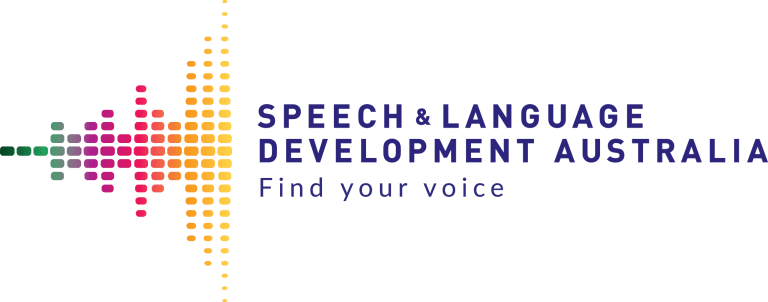
Speech & Language Development Australia operate The Glenleighen School and provide a specialist outreach program to support students in Queensland schools with Developmental Language Disorder and Language Disorder.
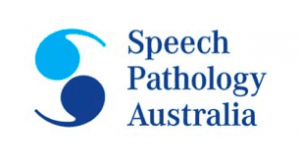
Speech Pathology Australia is the national peak body for the speech pathology profession in Australia. You can search their website to find qualified Speech Pathologists in your area. They also advocate on behalf of people with DLD.
INTERNATIONAL
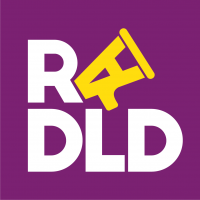
The RADLD movement is coordinated by international volunteers, including Shaun & Nat (Co-Founders of The DLD Project), with the mission to foster a substantial increase in international awareness of DLD. They coordinate the roll out of DLD Awareness Day in October each year and also provide extensive resources translated into more than 20 languages including videos.

A parent led organisation to help children and young people with speech and language impairments and their families in the UK.
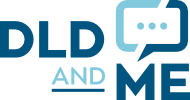
This US website was created by collaborators from several institutions. Their goal is to raise awareness about Developmental Language Disorder (DLD) and to offer support and resources for parents, teachers and individuals impacted by DLD.
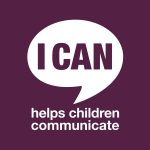
I CAN is a communication charity in the UK. They offer practical help for parents, run outreach programs, provide training and intervention.

NAPLIC is a charitable organisation of teachers, speech and language therapists and other professionals in the UK.
SCHOOLS WITH SPECIALIST DLD PROGRAMS
AUSTRALIA
The Glenleighden School curriculum involves implementation of the Australian Curriculum with the integration of multidisciplinary perspectives on intervention, including specialist teaching, speech therapy, occupational therapy, physiotherapy, music therapy and well-being support through a school counsellor and psychologist.
The Language Development Centres (LDCs) provide intensive support for students whose academic and social performance is seriously limited by disordered speech and language development.
INTERNATIONAL
Moor House School & College is a highly specialist educational placement which provides individualised, targeted, and specialist education to children who have significant and pervasive language disorders and/or speech disorders with average learning potential.
Building a Multidisciplinary Team
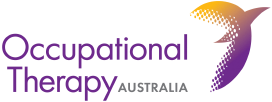
As Australia’s professional association for occupational therapy, Occupational Therapy Australia (OTA) fosters evidence-based practice, enables lifelong learning and promotes the future of occupational therapy. Find a local occupational therapist at their website.

Psychology is a science and a profession, devoted to understanding how people think, feel, behave and learn. Find over 8000 private practice psychologists Australia wide.

With over 29 000 members, the Australian Physiotherapy Association (APA) is the peak body representing the interests of Australian physiotherapists and their patients.
DLD SUPPORTS FOR SCHOOL
Information and podcast on classroom adjustments for students with Developmental Language Disorder (DLD) to access and participate in education on the same basis as their peers.
DLD RESEARCH ARTICLES
AUSTRALIA
PREDICTING LANGUAGE OUTCOMES AT
4 YEARS OF AGE: FINDINGS FROM EARLY LANGUAGE IN VICTORIA STUDY
Reilly, S., Wake, M., Ukoumunne, O. C., Bavin, E., Prior, M., Cini, E., . . . Bretherton, L. (2010).
INTERNATIONAL
CATALISE: A MULTINATIONAL AND MULTIDISCIPLINARY DELPHI CONSENSUS STUDY. IDENTIFYING LANGUAGE IMPAIRMENTS IN CHILDREN
Bishop D.V.M., Snowling M.J., Thompson P.A., Greenhalgh T. & the CATALISE consortium (2016)
PHASE 2 OF CATALISE: A MULTINATIONAL AND MULTIDISCIPLINARY DELPHI CONSENSUS STUDY OF PROBLEMS WITH LANGUAGE DEVELOPMENT: TERMINOLOGY
Bishop, D. V.M., Snowling, M. J., Thompson, P. A., Greenhalgh, T. & the CATALISE-2 Consortium (2017)
WHICH NEURODEVELOPMENTAL
DISORDERS GET RESEARCHED AND WHY?
Bishop, D. V.M., Snowling, M. J., Thompson, P. A., Greenhalgh, T. & the CATALISE-2 Consortium (2017)
WHY IS IT SO HARD TO REACH
AGREEMENT ON TERMINOLOGY?
THE CASE OF DEVELOPMENTAL
LANGUAGE DISORDER (DLD).
Bishop, D. V. M.
(2017).
SPECIFIC
LANGUAGE IMPAIRMENT:
A CONVENIENT LABEL
FOR WHOM?
Reilly, S., Tomblin, B., Law, J., McKean, C., Mensah, F. K., Morgan, A., …Wake, M. (2014).
INTRODUCING
THE SLI debate
Ebbels, S.
(2014).
LEVERS FOR LANGUAGE GROWTH: CHARACTERISTICS AND PREDICTORS OF LANGUAGE TRAJECTORIES BETWEEN 4 AND 7 YEARS
McKean, C., Mensah, F. K., Eadie, P., Bavin, E. L., Bretherton, L., Cini, E., & Reilly, S. (2015).
LANGUAGE OUTCOMES AT 7 YEARS:
EARLY PREDICTORS AND
CO-OCCURRING
DIFFICULTIES
McKean, C., Reilly, S., Bavin, E. L., Bretherton, L., Cini, E., Conway, L., . . . Wake, M. (2017).
DEPRESSION AND ANXIETY CHANGE FROM ADOLESCENCE TO ADULTHOOD IN INDIVIDUALS WITH AND WITHOUT LANGUAGE IMPAIRMENT
Botting, N., Toseeb, U., Pickles, A., Durkin, K. & Conti-Ramsden G. (2016)
CONDUCT PROBLEMS CO-OCCUR WITH HYPERACTIVITY IN CHILDREN WITH LANGUAGE IMPAIRMENT: A LONGITUDINAL STUDY FROM CHILDHOOD TO ADOLESCENCE
Pickles, A., Durkin, K., Mok, P. L., Toseeb, U., & Conti-Ramsden, G. (2016).
THE IMPACT OF NONVERBAL ABILITY ON PREVALENCE AND CLINICAL PRESENTATION OF LANGUAGE DISORDER: EVIDENCE FROM A POPULATION STUDY
Norbury, C. F., Gooch, D. , Wray, C. , Baird, G. , Charman, T. , Simonoff, E. , Vamvakas, G. & Pickles, A. (2016)
IMPROVING LANGUAGE COMPREHENSION IN PRESCHOOL CHILDREN WITH LANGUAGE DIFFICULTIES: A CLUSTER RANDOMIZED TRIAL
Hagen, Å. M., Melby‐Lervåg,
M. & Lervåg, A. (2017)
LANGUAGE GROWTH IN CHILDREN
WITH HETEROGENEOUS LANGUAGE DISORDERS: A
POPULATION STUDY
Norbury, C. F., Vamvakas, G. , Gooch, D. , Baird, G. , Charman, T. , Simonoff, E. & Pickles, A. (2017)
SLP-EDUCATOR CLASSROOM COLLABORATION:
A REVIEW TO INFORM
REASON-BASED PRACTICE
Archibald, L.M.D.
(2017)
UNDERSTANDING DEVELOPMENTAL LANGUAGE DISORDER - THE HELSINKI LONGITUDINAL SLI STUDY (HELSLI): A STUDY PROTOCOL
Laasonen, M. et al.,
(2018)
UNDERSTANDING DYSLEXIA
IN THE CONTEXT OF
DEVELOPMENTAL LANGUAGE
DISORDERS
Adlof, S.M. & Hogan, T.P.
(2018).
HOW WE FAIL
CHILDREN WITH
DEVELOPMENTAL LANGUAGE
DISORDER
McGregor, K
(2020).
JOIN OUR
MAILING LIST
By joining The DLD Project’s mailing list you’ll receive our monthly e-newsletter which will cover:


